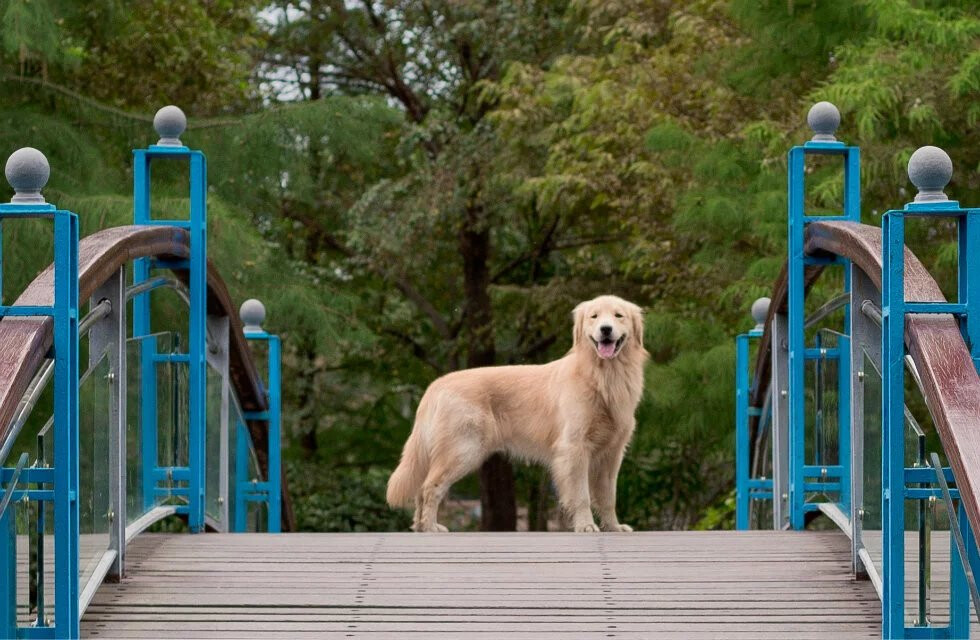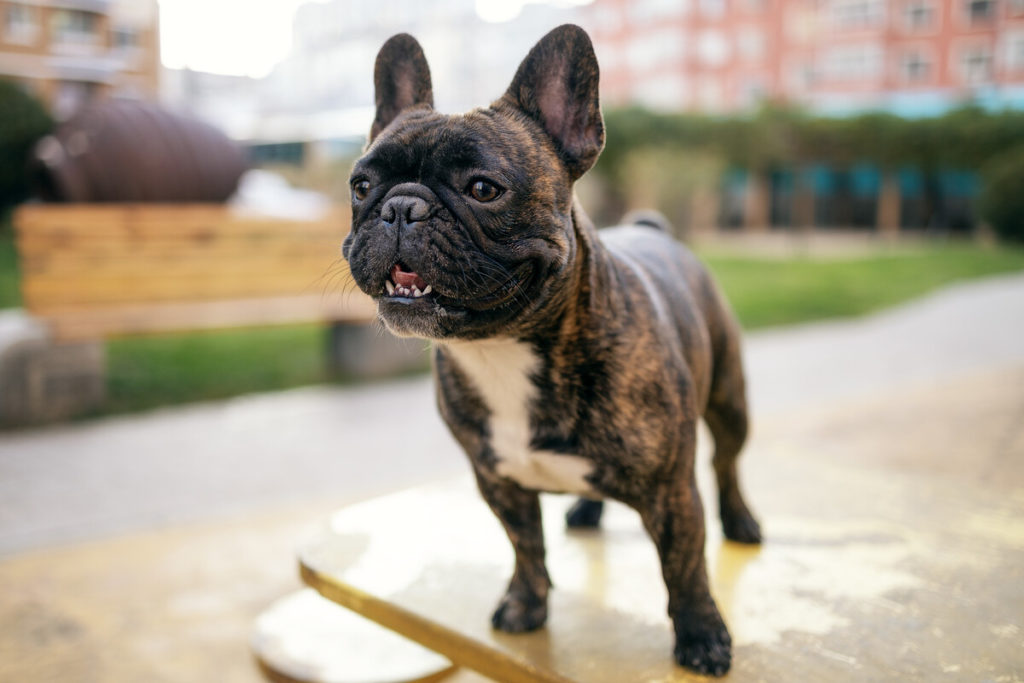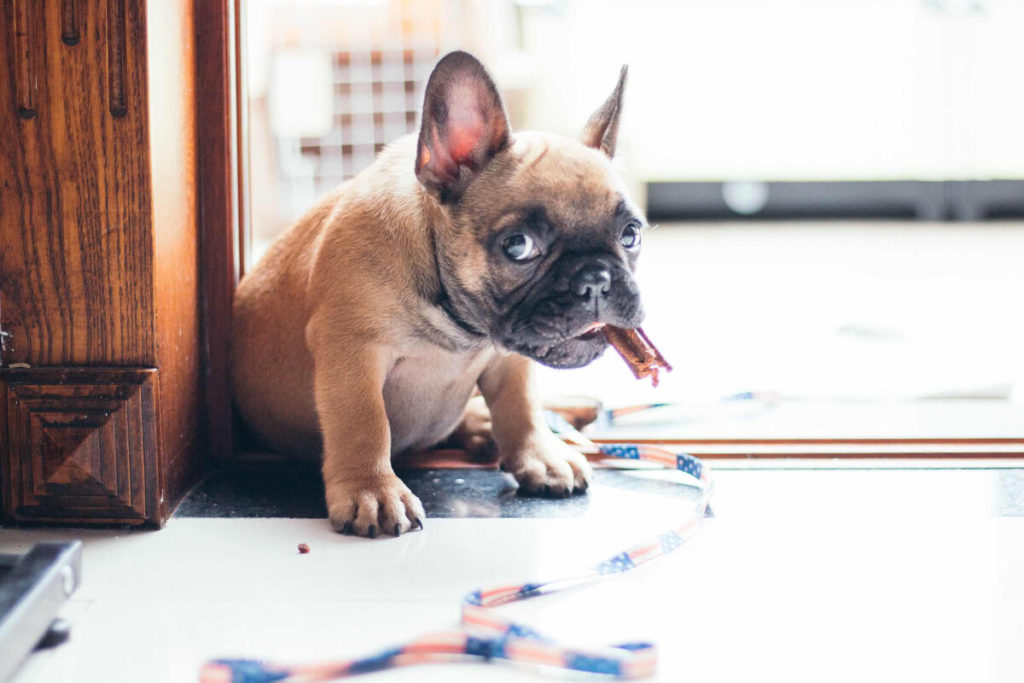Acommon problem every Golden Retriever puppy owner faces after bringing in home a new puppy is Puppy biting. Do you want others to get scared of your Golden Retriever puppy? Do you want others to hate your Golden Retriever puppy for his behaviour?. No, every puppy owner feels bad if someone hates their puppy.
So one of the important things is to train your Golden puppy not to bite because puppy biting is one of the most common reasons for puppies being caged. Is it fair to cage a puppy? Hence training your Golden Retriever puppy not to bite is one of the foremost training exercises that you should do after bringing in home a Golden Retriever puppy.
How to stop Golden Retriever puppy from biting?
Many people ask the same question again and again. How to stop Golden Retriever puppy from biting?.Before understanding the solution let us discuss the basic point.
Why Golden Retriever puppies bite?
There are basically three reasons why your Golden Retriever puppy bites you

1.It is his way of exploring the world
We eat, touch, hold things using our hands. But what about puppies? Puppies get to know this world with their mouths. This world is a new environment for your Golden Retriever puppy. Hence puppies smell, lick, bite and this is a process of exploring the new world.
2.your Golden Retriever puppy is undergoing the process of teething
Teething is a bit painful process in puppies. This starts during the time of weaning and lasts till 6-7 months approximately. As teething is a painful process puppy tend to chew things to relieve the pain and soreness in their mouths.
3.Out of boredom
Golden Retrievers are a full package of energy. If the puppy is not exercised properly it vents out its energy in destructive ways such as chewing and biting. So a puppy out of boredom gets naughty.
Hence biting, nipping and chewing are the symptoms of the above-said causes. So the ultimate solution is to address the cause rather than suppressing the symptoms.
Golden Retriever biting problem. Do Golden Retrievers bite more than other breeds?
Biting and nipping in Golden Retrievers is more common than when compared with some other breeds. During their stages of growth, Golden Retriever puppies tend to be more bitey when compared with other breeds. Do you know why? Golden Retrievers have a general tendency of carrying things in their mouths always. Golden Retrievers are used by fisherman to retrieve fishes. This historical and genetical habit of holding things in the mouth makes Golden puppies to use their mouths more.

Steps to stop Golden Retriever puppy biting
1.Yelp when your Golden Retriever puppy bites
When puppies play along with their littermates, the puppies which tend to be active usually bite the other puppies. The puppies yelp out of pain and move away from the biting puppy. This makes the puppy understand that biting causes pain to the other puppy. I used the same strategy with my puppy which always used to bite my hands.
Whenever your Golden Retriever puppy bites you yelp while looking at your Golden Retriever puppy and ignore him at once. Come to play after 30 seconds and if it bites you again, yelp again and walk away from your Golden Retriever puppy. your Golden Retriever puppy might not understand your language but it can understand that it is causing pain to you. Habituate a command such as “No” and use the word whenever it bites you.
Some puppies might panic or become more aggressive when you yelp, in such cases move away from your dog and do not pay any attention to it. It becomes normal in a few seconds. This method worked with my puppy.
2.Distract your Golden Retriever puppy
Whenever your Golden Retriever puppy comes to bite you distract him with a toy. Use toys that are comfortable for your Golden Retriever puppy to bite. In this case, before the puppy bites, you are diverting him to bite some other thing which is acceptable to bite. your Golden Retriever puppy needs to understand that some things are acceptable to bite and some are not.
Play along with your Golden Retriever puppy and let him bite that toy for some time. After sometime hold the toy with your hand and ask your pup to leave the toy. Say some command such as “Leave” and hold the toy tightly not allowing your Golden Retriever puppy to bite the toy. Make it difficult for your Golden Retriever puppy to play with and bite the toy.
Whenever your Golden Retriever puppy leaves the toy, offer him a treat. Now your Golden Retriever puppy will understand that he will get a treat when he leaves something by following the command “Leave”. Similarly, when your Golden Retriever puppy bites or holds your hand, ask him to leave and offer him a treat. Offer him the other toy to play with. Be patient and your Golden Retriever puppy gets habituated to this process.

3.Provide Chew sticks and chew toys
Teething can be a bit uncomfortable process every puppy goes through. Help your little puppy to go through this process easily. Provide him with chew sticks and chew toys as biting them might reduce the urge to bite and ease soreness in the gums. I used to give my puppy a cool carrot taken out from the fridge to ease his teething problem. Some puppies even prefer to chew ice cubes to ease the teething soreness. You can give it a try. Provide your Golden Retriever puppy with chew toys of different shapes and textures so that whenever he feels like biting and chewing you can give your Golden Retriever puppy his toys to chew.
4.Exercise your Golden Retriever puppy
Remember this line, An Tired Dog is a Happy Dog. Golden Retrievers are one of the most energetic and active breeds. Lack of exercise can cause to exhibit destructive behaviour in order to vent out the available energy. I used to take my puppy for a 20 min morning walk and he used to relax and sleep till afternoon. Exercising your Golden Retriever puppy makes him tired and your Golden Retriever puppy requires more hours of sleep. Exercise is beneficial to your Golden Retriever puppy in two ways.
– Exercising your Golden Retriever puppy improves your Golden Retriever puppy’s physical and mental health.
– Exercising your Golden Retriever puppy makes him tired and he does not have more energy to exhibit destructive behaviour.

Dealing with a Golden Retriever puppy biting can be a bit problematic and irritating but have patience and your Golden Retriever puppy will learn to stop biting. Remember the little puppy is new to this planet, give the little one sometime and he can learn everything.
“We would Love to hear from You. Ask your Questions and Share your views in comments”




